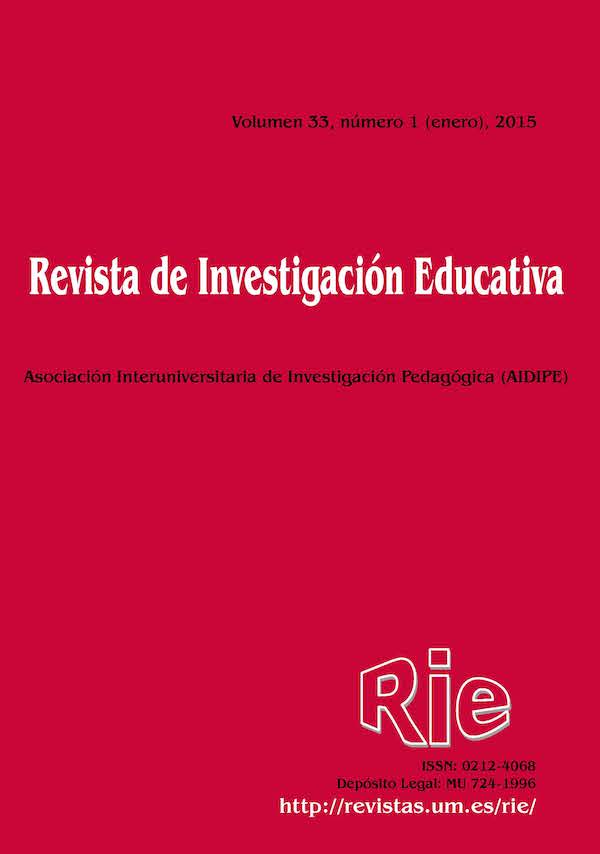Los Varones. Profesionales en la Educación Infantil: Implicaciones en el Equipo Pedagógico y en las Familias.
Agencias de apoyo
- L'Institut Català de les Dones ASC/46/2008 Ref
- U-92-08. Generalitat de Catalunya.
Resumen
Para conocer la incidencia de los educadores varones en la educación infantil, concretamente en Catalunya (España), realizamos un estudio descriptivo en base a la aplicación de un cuestionario (ad-hoc) a los educadores y maestros varones de educación infantil (0-3 años y 3-6 años), a las familias de los niños/as atendidos por los maestros y finalmente a las educadoras y/o maestras de los equipos docentes donde se encuentran. Los datos recogidos versan sobre el desarrollo del ejercicio profesional, las relaciones con los niños/as, las familias y las compañeras de trabajo. Los resultados muestran que gracias a las relaciones cotidianas fluidas, se superan en gran medida los prejuicios, fundamentalmente por el conocimiento fruto del día a día, la profesionalidad y la calidad humana de los educadores. Podemos afirmar que la presencia de educadores varones está bien valorada por parte de las compañeras, las familias y los niños y favorece la reflexión sobre la equidad de género.
Descargas
-
Resumen1458
-
PDF4991
Las obras que se publican en esta revista están sujetas a los siguientes términos:
1. El Servicio de Publicaciones de la Universidad de Murcia (la editorial) conserva los derechos patrimoniales (copyright) de las obras publicadas, y favorece y permite la reutilización de las mismas bajo la licencia de uso indicada en el punto 2.
2. Las obras se publican en la edición electrónica de la revista bajo una licencia Creative Commons Reconocimiento-NoComercial-SinObraDerivada 3.0 España (texto legal). Se pueden copiar, usar, difundir, transmitir y exponer públicamente, siempre que: i) se cite la autoría y la fuente original de su publicación (revista, editorial y URL de la obra); ii) no se usen para fines comerciales; iii) se mencione la existencia y especificaciones de esta licencia de uso.
3. Condiciones de auto-archivo. Se permite a los/as autores/as a difundir electrónicamente las versiones pre-print (versión antes de ser evaluada) y/o post-print (versión evaluada y aceptada para su publicación) de sus obras antes de su publicación, ya que favorece su circulación y difusión más temprana y con ello un posible aumento en su citación y alcance entre la comunidad académica.










